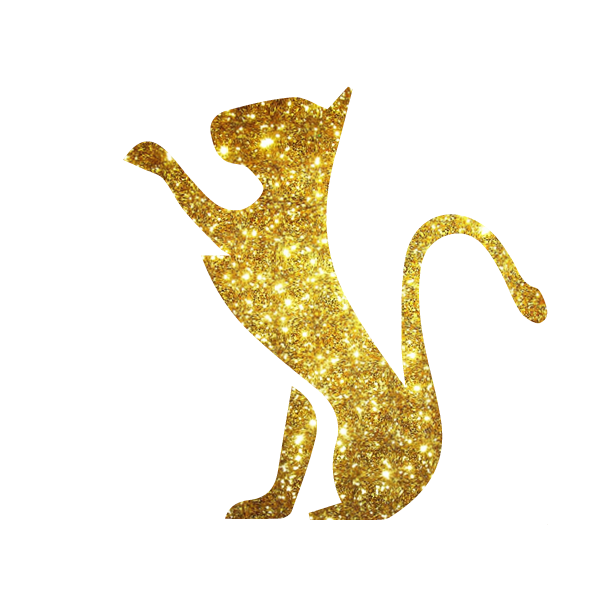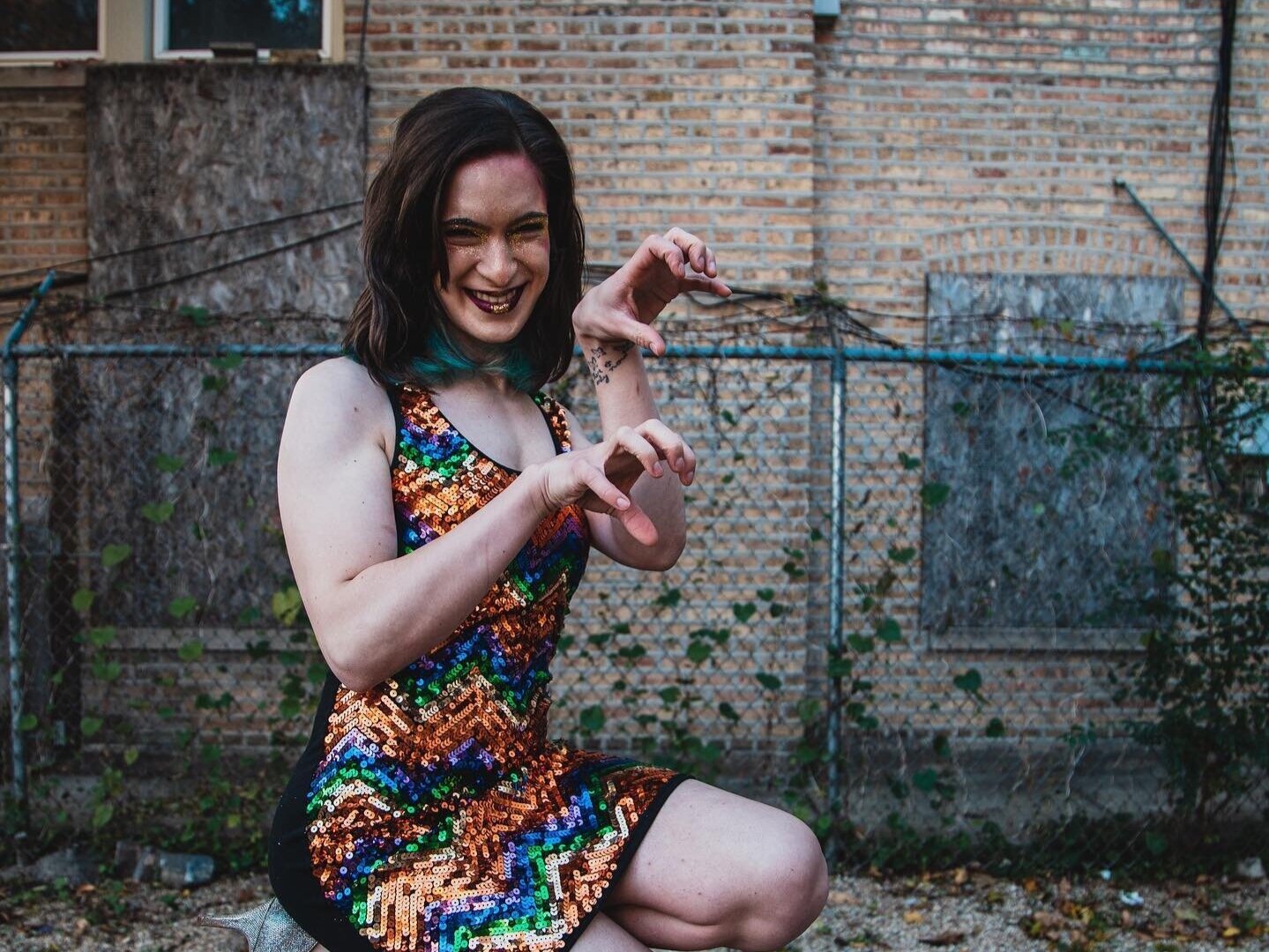F*CK PROFESSIONALISM
Part two of a three part series written by Arielle Rebekah, DiGiCat 2020, Founder of Trans and Caffeinated podcast. Check out part one about how the customer is not always right.
Lesson 2: F*ck Professionalism
I came out as transgender in August 2015, about eight months into my coffee career. It was not a surprise to many people in my life, so much as a public acknowledgement of what they either strongly suspected or already knew.
On a superficial level, my assumptions about my workplace atmosphere proved accurate: my identity was universally acknowledged and accepted by my coworkers, many of whom were queer themselves. My manager adjusted to my correct name and pronouns at an acceptable speed and provided me with a quick and painless manner of updating my name in our company database. She also shared internal documents that outlined the rights and protections extended specifically to transgender employees.
However, beneath a glittery façade lurked an outdated notion that insidiously threatens the safety and comfort of marginalized workers in every industry: the concept of professionalism.
At best, professionalism rhetoric is thinly-veiled identity erasure based on the premise that certain parts of our identities are “taboo” or “inappropriate for work.” This rhetoric maintains that a company’s desire to present a pristine and uniform public image is more important than our ability to show up as ourselves.
At worst, outdated standards of professionalism actively perpetuate and reinforce workplace harm. While this rhetoric has the most profoundly negative impact on Black and Brown folks, professionalism also harms other marginalized people by centering white, cisgender, heterosexual, non-disabled, neurotypical people as the norm.
In addition to normalizing punitive action against behaviors that deviate from the paradigm, professionalism rhetoric also denies us the ability to advocate for ourselves in the face of oppressive behaviors—particularly if we fail or refuse to carry ourselves with civility or niceness.
As I waded through the murky waters of my early transition, I sensed my loss of privilege before I could name it. Though I had previously been perceived as queer, coming out as trans removed a tremendous layer of protection afforded to me by my perceived cis maleness (along with my still very pertinent white privilege, non-disabled privilege, housed privilege, etc.)
Laura Clark (she/her)
DiGiCat Coffee+Booze 2020
Laura, wrote about encouraging yourself and others to be the best version of yourself. While also holding yourself and others to a level of respect and dignity.
As my gender presentation shifted, there were suddenly customers who refused to be served by me. No, we couldn’t ban these customers from the store. Instead, I had to remove myself from the situation, as if it was my fault that they were uncomfortable. There were regulars who aggressively maintained use of he/him pronouns for months, often under the guise of passive ignorance. Of course, I couldn’t openly correct them—to do so would be unprofessional. It was my job to ignore them.
When I expressed my discomfort with constantly being misgendered, my patience was called into question. “You have to give people more time. They don’t know you like that!,” barked a coworker. Oh, of course! My expectations of respect were simply unreasonable.
And even as I’m writing this piece, my inner monologue is dripping with the self-critical notion that “I just sound like I’m complaining.” Self-gaslighting is my souvenir from years of being told that I’m “asking for too much too fast.”
Existing standards of professionalism denied me the right to advocate for my identity at work. I couldn’t correct or remove customers who adamantly refused to gender me correctly. I couldn’t speak openly about it behind the line. In fact, I was once told by a coworker in another location that my candidness about trans identity constituted “sexual harassment.” Of course, this calls back to an age-old fallacy that queer and trans existence is inherently sexual, while cis and straight existence is not.
I was effectively denied the means to create a safe space for myself to exist as an out, proud trans woman. Therefore, although my identity was accepted on a surface level, I was in no way able to bring my whole self to work. People continued to perceive me either as a man, or as a trans person not worthy of their respect, and I was powerless to shift the tides in favor of my identity.
The severity of my mistreatment eventually pushed me to tender a letter of resignation, which my manager swiftly declined. At first perplexed, I later overheard her telling a coworker, “I’m just doing it because no one else will hire her.” Thinly veiled in this statement was her belief that my trans identity was so deeply unpalatable that no other workplace would dare bend the rules of professionalism so as to generously permit my existence.
Micah Gause (she/her)
DiGi Cat Coffee+Booze 2020
"Professionalism is sharing a little piece of yourself. . . you offer it up willingly every time you have the chance because then you get more people involved….[it’s] also about having fun. We should all be creating fun, safe environments where we can enjoy our industry of choice with our fellow professionals.
However, there is sadly truth behind this statement. Transphobic discrimination, and transmisogyny in particular, are so prevalent and widespread that it is quite possible I would have been denied other jobs.
In the face of workplace discrimination, it’s particularly encouraging that folks like Glitter Cat are discarding conventional ideas of professionalism in favor of authentic and genuine existence. This is a recognition of what marginalized people have always known: that our differences don’t make us less effective in the workplace, or less worthy of work.
On the contrary, we are most effective, most powerful, and most successful when we are able to show up each and every day as our true and authentic selves.
Arielle Rebekah (she/they)
A transgender writer, private consultant, coffee fanatic, and author of the blog and podcast Trans and Caffeinated. Her work is centered around increasing visibility and representation for the trans and gender non-conforming (TGNC) community, creating safe spaces for budding allies to learn and grow, and normalizing conversations about sexuality and gender. This week, Arielle kicks off her three part series for Glitter Stories that retells her navigation of the service industry at different points of her transition and lessons she’s learned.




